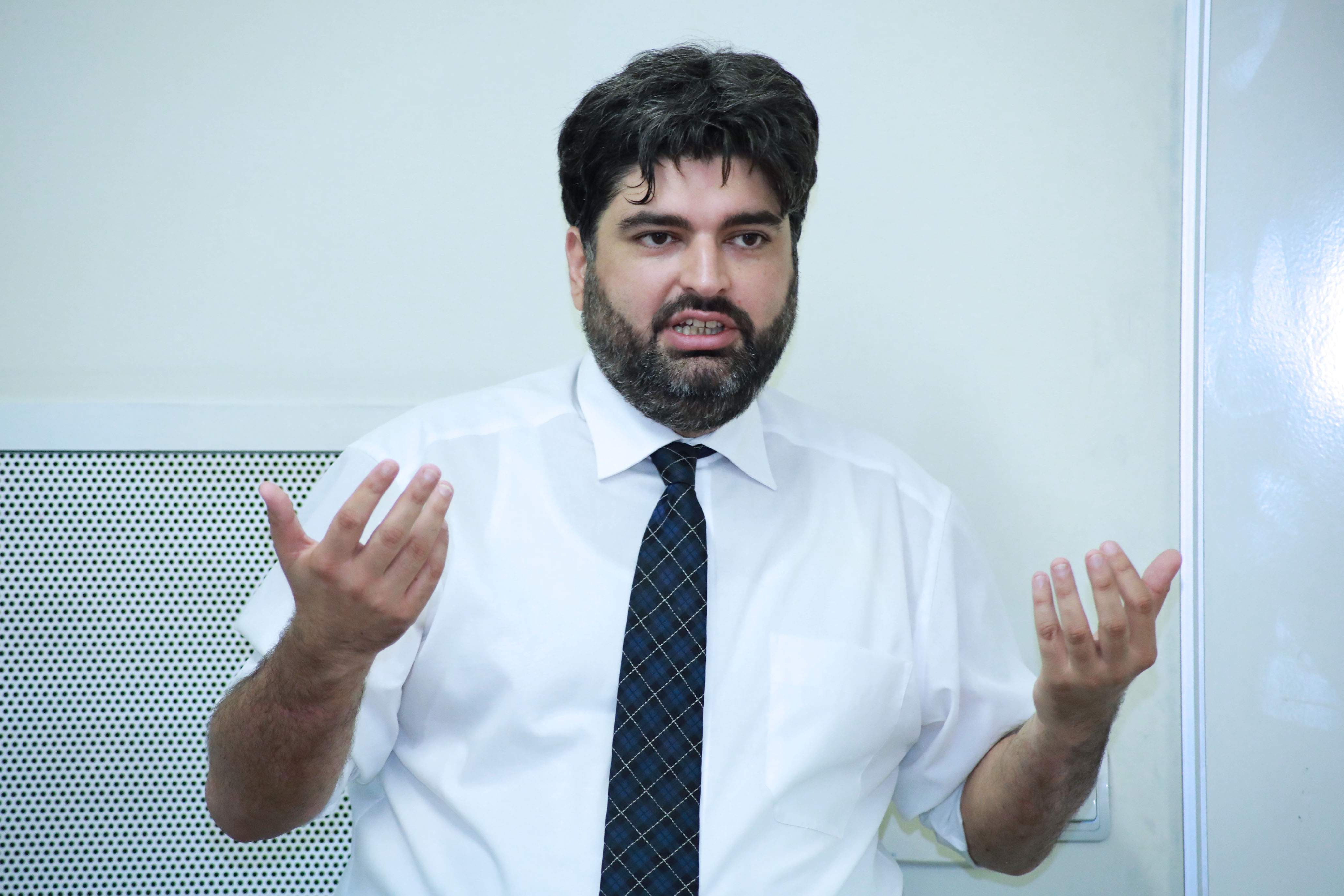
Concepts of Nationalism and Their Role in Armenia
2 min read YEREVAN, Armenia – On November 8th, the American University of Armenia (AUA) Political Science and International Affairs (PSIA) program held a talk entitled “Two Concepts of Nationalism,” which discussed the varying definitions of nationalism and their roles within a global and local context. The topic was presented by Mikayel Zolyan, senior research fellow at the Institute of Philosophy, Sociology, and Law of the National Academy of Sciences. The event was part of a series of PSIA seminars that are held on Wednesdays at 4:30 PM.
YEREVAN, Armenia – On November 8th, the American University of Armenia (AUA) Political Science and International Affairs (PSIA) program held a talk entitled “Two Concepts of Nationalism,” which discussed the varying definitions of nationalism and their roles within a global and local context. The topic was presented by Mikayel Zolyan, senior research fellow at the Institute of Philosophy, Sociology, and Law of the National Academy of Sciences. The event was part of a series of PSIA seminars that are held on Wednesdays at 4:30 PM.
Zolyan began the presentation by defining the concepts of nationalism, nations, and ethnic groups, explaining that these concepts can take on different meanings depending on the context of their usage. Zolyan’s presentation aimed to provide a clear distinction between the three terms.
First, the concept of nationalism, as defined by various scholars, was presented. Zolyan stated that in literature on nationalism the concept is presented from both negative and positive perspectives. From the negative perspective, nationalism is seen as an ideological movement for attaining and maintaining autonomy. From the positive perspective, it is perceived as creating a sense of belonging, attaching to a particular group of people, defined as a nation.
This led to an explanation of the concept of nation. According to Zolyan, there are several definitions of nation, although the most widely accepted definition can be stated as “a named population sharing a historic territory, common myths and historical memories, a common economy and common legal rights and duties for its members” (Antony D. Smith, 1995). The term “ethnic group” was then defined as a community or population made up of people who share a common cultural background or descent.
As part of his presentation, Zolyan also explored the notion that there are two types of nationalism – Western (civic) and Eastern (ethnic). In the Western model, nationalism is considered to be constructed drawing on common national territory and a common system of laws and institutions. This model emphasizes the importance of civic culture, which unites citizens. In contrast, the Eastern model stresses the importance of cultural ties. The centrality of ethnic descent and origin is emphasized. Moreover, the revival of folk culture is seen as a crucial factor for the reinforcement of nationalism.
The presentation concluded with a discussion on Armenian nationalism, which Zolyan described as belonging to the Eastern model.
Founded in 1991, the American University of Armenia (AUA) is a private, independent university located in Yerevan, Armenia and affiliated with the University of California. AUA provides a global education in Armenia and the region, offering high-quality, graduate and undergraduate studies, encouraging civic engagement, and promoting public service and democratic values.






